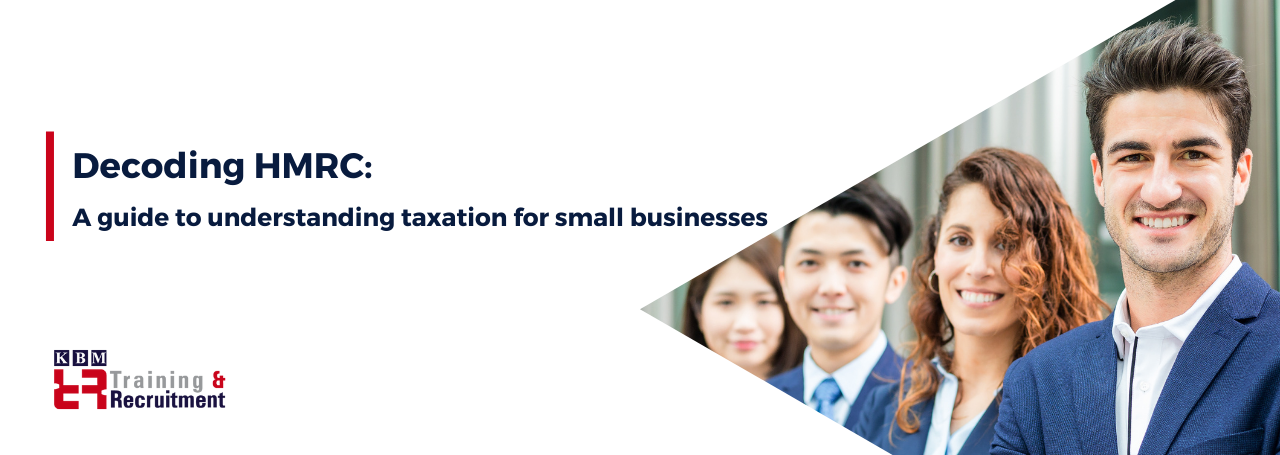Dealing with His Majesty Revenue and Customs (HMRC) and its tax rules can be daunting for small business owners. However, understanding the basics of taxation is important for staying compliant and managing your finances well. This guide will help you understand key tax concepts and make the process easier to handle.
Registering with HMRC
Before managing your taxes, you need to register your business with HMRC. The way you register depends on how your business is set up. A sole trader needs to register as self-employed with HMRC. This lets you report your income and claim expenses. Partnerships need to register both the business and each partner as self-employed. If you run a limited company, you need to register with Companies House and HMRC for Corporation Tax.
Understanding VAT (Value Added Tax)
VAT is a tax added to the sale of goods and services. Businesses must add VAT to their sales and can reclaim VAT on their purchases. Whether you need to register for VAT depends on your business's turnover and the type of sales you make. If your turnover is above the VAT registration threshold, you must register and submit VAT returns regularly. Make sure you understand the VAT rates for your products or services and keep accurate records.
Corporate tax for limited companies
A limited company is liable to pay Corporation Tax on their profits. This tax needs to be filed once a year, and it's your responsibility to calculate how much tax you owe and pay it to HMRC. Keeping good financial records and preparing accounts on time is crucial. You should also claim any available tax reliefs and allowances to reduce your tax bill.
Self-assessment for sole traders and partnerships
Sole traders and partnerships must file a Self-Assessment tax return each year. This means reporting your income and expenses and calculating the tax you owe based on your profits. Keeping proper records of all your financial transactions is important to ensure accurate reporting and avoid penalties. Plan ahead, set aside money for your tax bill, and be aware of submission and payment deadlines to avoid extra charges.
National Insurance contributions
National Insurance (NI) contributions are another key tax aspect. Sole traders and partners pay Class 2 and Class 4 NI contributions based on their profits, while employees and employers pay through payroll deductions. Knowing your NI obligations is important as these contributions affect your eligibility for state benefits and pensions.
Keeping accurate records
Accurate financial records are essential for all businesses. Good bookkeeping ensures you follow tax laws, helps with accurate tax filings, and gives you a clear view of your business's finances. Using accounting software or engaging a professional accountant can simplify this process and reduce mistakes.
Seeking professional advice
Tax rules can be complex, so getting professional advice can be very helpful. An accountant or tax advisor can offer personalised guidance, help with tax planning, and make sure you comply with HMRC requirements. Investing in professional assistance will save you time, reduce stress, and might even find ways to save on taxes.
Conclusion
Understanding and managing taxes is crucial for running a successful small business. By staying informed regarding your tax responsibilities, keeping accurate records, and seeking professional guidance when needed, you can stay compliant, optimise your tax position, and focus on growing your business. Although tax rules may seem complicated, a proactive approach and good knowledge can help you navigate them and build a strong financial foundation for your business.






















